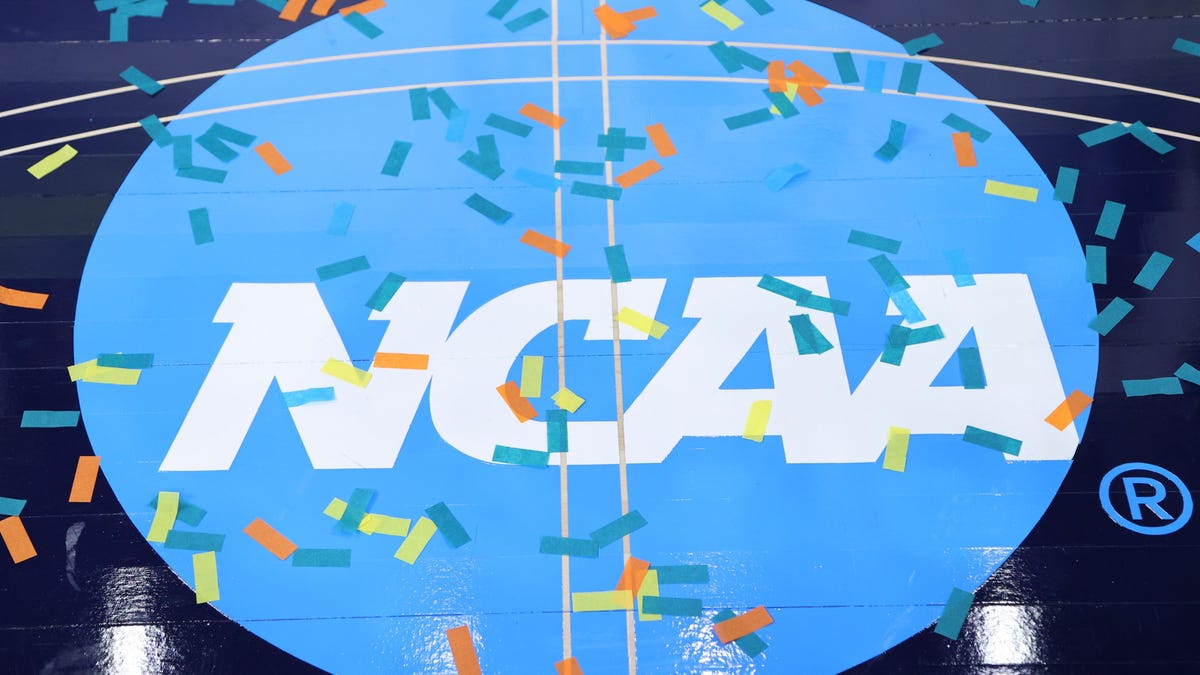NIL guidelines show up 10 months too late

The end is near. You can feel it in the air. Mark Emmert is gone, the board is shrinking, the indiscriminate and omnipresent power the organization once held over schools, coaches, and athletes is disappearing. The words “NCAA investigation” no longer spark fear in the hearts of those threatened. School leadership and wealthy donors scoff at the idea of enforcement from the glacier-like governing body. The pieces have become more powerful than the whole, and as the NCAA attempts to retroactively put guidelines and restrictions into place regarding NIL laws, they need to be prepared for the legal battle to end all legal battles.
New rules, same old NCAA
The new bylaw states that to “promote and support a specific NCAA institution by making available NIL opportunities to prospective student-athletes and student-athletes of a particular institution” triggers the “definition of a booster.” Through previous regulations, boosters are not allowed to engage in recruiting activities or provide benefits to prospective student-athletes, and the new guidelines explicitly state that “an NIL agreement between a prospective student-athlete and a booster/NIL entity may not be guaranteed.”
The new guidelines also ban compensation for signing a letter of intent or transferring to a school, clarifying that “NIL agreements must be based on an independent, case-by-case analysis of the value that each athlete brings to an NIL agreement” rather than payment for achievements, wins, or membership on a team. School employees are banned from facilitating these agreements for student-athletes.
So if you didn’t read it all, here’s the gist of it: No more funny business. The kind of deals we all pictured when NIL was first announced — the sponsorships, the hard-earned money through performance on the field or court, the individual stuff — that’s all there is in the future. No more collectives, no more promising recruits $8 million to play for your favorite school, no more setting up a specific opportunity for kids from your favorite college to earn money in what is virtually a pay-to-play budget. At least, that’s what the NCAA says.
So what is the NCAA going to do about it?
Per Sports Illustrated, the NCAA knows better than to crack down on the kids — instead, they’ll attempt to punish the schools whose boosters have behaved badly — but the schools may not be so willing to lay down and take it anymore. Boosters and collective CEOs are insisting that they’ve followed state laws and existing guidelines, and if they have enough money to be paying these kids, they certainly have enough to introduce a lawsuit or two against a weakened NCAA.
The big target for enforcement here is recruiting violations. Poor Nico Iamaleava thought he’d be graduating Tennessee in 2027 with a cool 8 mil in his pocket, but that’s not looking so likely anymore. All these kids who were promised money to sign someplace or another are about to get a rude wake-up call. The Athletic’s piece from yesterday on the new guidelines shows agents and boosters scoffing at the concept of the NCAA actually doing anything about it, though — one agent threatened an antitrust lawsuit if a clients’ deal was subject to NCAA interference, and another said it was “adorable that the NCAA is acting as if they’re going to crack down on anything.” Ouch.
This is going to be the fight of a lifetime for a currently headless and frequently spineless organization. While they’re reportedly only going to go after “particularly egregious” examples of bylaw-flouting, the definition of a booster and the explicit ban on boosters providing financial opportunities for student-athletes will quickly be called into question — likely in the form of an antitrust lawsuit.
While existing deals may not be under quite as much scrutiny, the classes of 2022 and 2023 may be the first and last to have lucked out in these 10 months of big spending — unless, of course, the schools and boosters decide to continue to shirk the recruiting guidelines for prospective student-athletes and keep on giving them what amounts to signing bonuses. And yeah, that really might happen. It’s clear that people aren’t afraid of the NCAA anymore. Whether that’s a positive or negative remains to be seen, but it’s looking more and more like the reality we’re living in.
For all the latest Sports News Click Here

